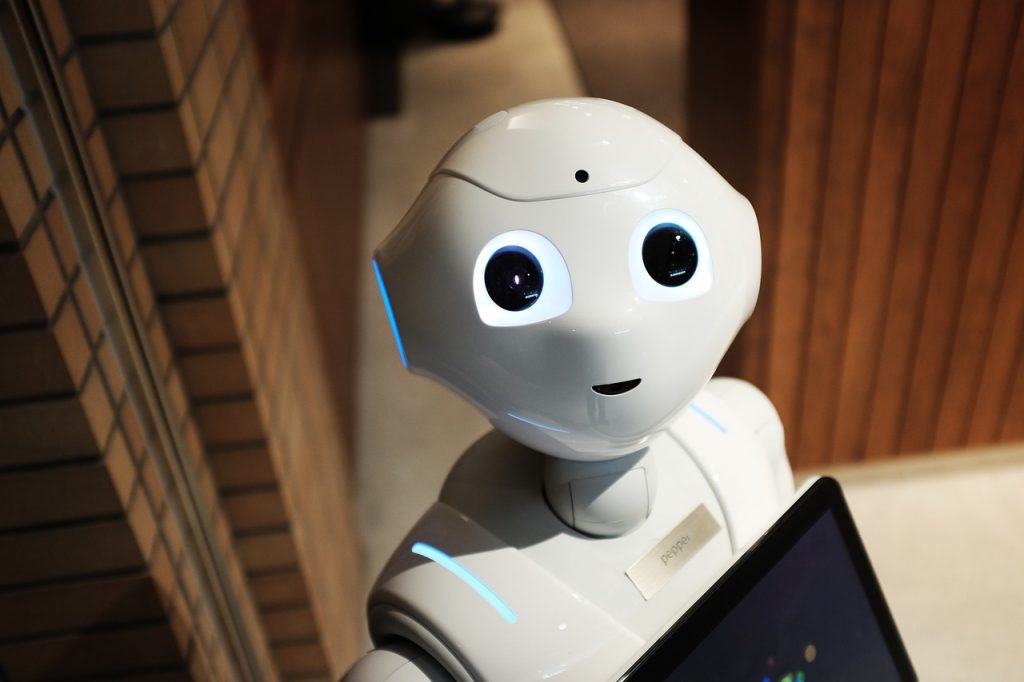Hotels Are Replacing Housekeepers With Robots
This article is more than 2 years old

Technological advancements and innovations are sweeping across nearly every industry. And it appears even the hospitality industry has jumped on board. It turns out that some hotels have turned to housekeeping robots for help amidst news of a flagging labor pool.
The hospitality industry took a significant hit during the pandemic. In many areas, travelers didn’t come. However, after restrictions ended, they did start returning to hotels.
But, just like in other industries, workers did not return. As a whole, the hospitality industry has made significant efforts to attract employees. The average hourly wage has increased by 25%.
And most hotel owners have started building significant flexibility into their scheduling – something unheard of before the pandemic. However, despite those enticing offers, most hotels still struggle to find staff. According to NPR, “there are 350,000 fewer people working in hotels today than there were in February 2020, before the pandemic.”
That has left hotel owners and managers in a jam. How do you properly take care of your guests without staff? One answer is to hire housekeeping robots.
Well, technically, you purchase or rent those housekeeping robots rather than hire them. But that is not a cheap endeavor. It can cost tens of thousands of dollars to buy a single robot.
However, investing in a housekeeping robot does ultimately pay off. NPR spoke with the managing director of Garden City Hotel, which has purchased two such robots. Grady Colin discussed the benefits of having housekeeping robots on “staff.”
He said, “If we vacuum every floor with a robot, that saves one whole shift. That’s one whole person per day that can be redeployed to do something else.” And, even better, housekeeping robots don’t need the same training or time off that human workers do.
Colin would prefer to have people on his staff rather than robots, especially given the luxury experience his hotel offers. However, the worker shortage is a reality that appears to be sticking around. So now he, and others in similar positions, have tough choices to make.
The Garden City Hotel still has vacancies in nearly 20% of their positions. That is untenable. So Colin said, “I think it’s going to be the necessity to see what other products are out there.”
And he is not the only one. The owners of Country Inn and Suites near Baltimore, Deepak and Deepa Patel, find themselves facing similar bad news. They remain staffed at only about 50% of their pre-pandemic levels.
That means the owners have to fill in wherever needed. “After a couple years of fruitless recruiting, Patel is doubtful that he’ll ever see workers return in the numbers he had before. So he too is looking toward automation to fill some of his positions.”
The first step Patel is considering is to rent out a housekeeping robot. That would be welcome news for his kids, who have stepped up to help clean after school. But it is also not the only automation Patel is considering.
He has looked closely at a kiosk for the entry. While that removes some human interaction, it does free up staff time. And if the staffing shortages continue to stick around, that time will become increasingly valuable.



